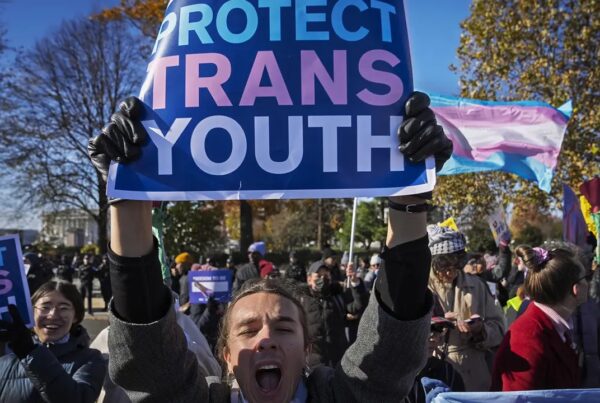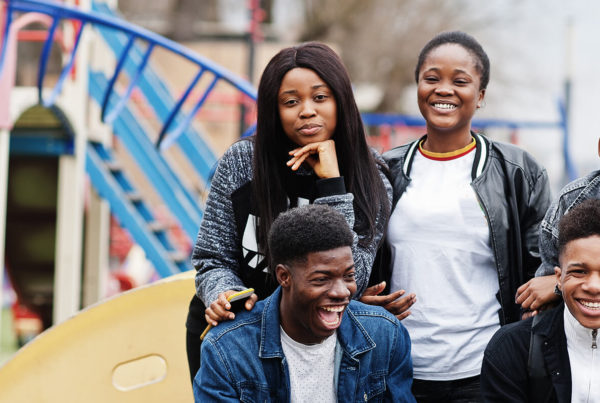By Matthew D. Nelsen
Matt Nelsen
November 9, 2023
Civic education is associated with the development of democratic capacity. However, this concept is measured using a limited battery of metrics (e.g., trust in government) that do not adequately capture the political sentiments of racially marginalized youth. Drawing from conversations with Chicago high school students and their teachers, I argue that democratic capacity should comprise a broader set of attitudes and behaviors, including political empowerment and acts of public voice. In the process, I identify one pedagogical technique associated with the development of empowerment: historically grounded conversations about politics that validate students’ distrust of government. Nationally representative survey data suggests that civic learning experiences of this kind are associated with feelings of political empowerment and that empowerment is associated with multiple forms of political participation, particularly among Black and Latinx youth. Overall, this study provides a path forward for those interested in reimagining civic education in the U.S.
”My voice individually is not being heard and no one answered my questions [in my civics class] so I just, I don’t know. It made me not want to be political.
Jasmine17-year-old Black Student
Analyses of GenForward survey data further substantiate this claim. while political empowerment is related to several factors, the analyses included in this article suggest that an individual’s educational experiences— including historically grounded conversations about politics—are most strongly associated with political empowerment. Moreover, this sense of political empowerment is associated with a number of participatory out- comes ranging from acts of public voice to validated voting participation among Black youth.

Photo by Cottonbro Studio on Pexels
While social studies courses only represent one component of a well- rounded education, investing in these courses means reinvesting in our democracy. Schools have long been viewed as a central component of American identity that provide young people with the knowledge, skills, and behaviors that will prepare them for a lifetime of engagement in public life. This article shows that the promise of civic education is worth advocating for, but that significant reforms are necessary in how we measure its success. By taking the lived experiences of marginalized communities seriously and high- lighting the innovative teaching practices of social studies teachers, civics courses can become empowering spaces where young people are afforded the opportunity to express their political concerns and begin to explore their own agency.
More Prespectives



